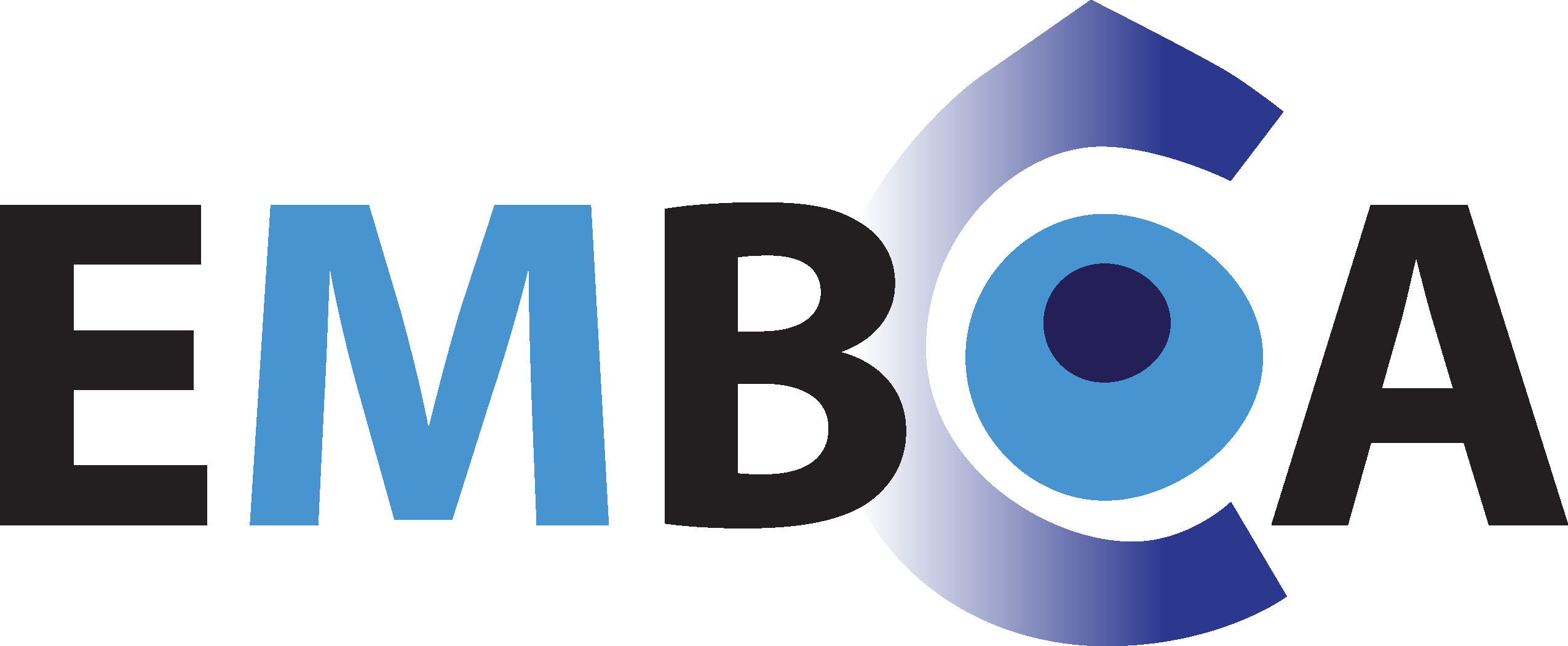Join us for EMBCA’s “Youth, Sustainability, and Greece” Webinar Panel Discussion on Sunday, October 22, 2023 at 2 P.M. EST/ 9 P.M. Athens EEST. The panel discussion will be Introduced and moderated by Lou Katsos EMBCA’s President. The distinguished panel will include Dr. Giorgios Dikaios Research Fellow at ELIAMEP & Adjunct Lecturer at National and Kapodistrian University of Athens; Counselor to Hellenic MP/Journalist/Activist Petros Apostolakis; Lia Papazoglou Co-Founder of Ecogenia, and former Climate Programs Director; and Dr. Mary Cardaras, Director of The Demos Center in Athens.
The Hellenic Republic with its rich history and stunning landscapes, faces significant sustainability challenges in the 21st century. These issues encompass various aspects of the environment, economy, and society that require comprehensive national strategies as well international cooperation, including with the Hellenic diaspora. Sustainable land and water management, renewable energy adoption, responsible tourism, urban planning, and social equality are all essential components for a more sustainable future for this historically rich nation. To combat these threats, Hellenic youth (currently 25% underemployed/Eurostar 2023) can play a pivotal role in driving change through their passion, creativity, and determination and help the Hellenic Republic confront a crucial challenge - climate change urgency (4,618 fatalities from climate related extremes in Hellas/ EEA 2023) and sustainability. By equipping them with knowledge, resources, and opportunities, Hellas can harness their energy and commitment to combat climate change and foster sustainability. Empowering youth is not just an investment in their future but also in the future of Hellas and the planet. Join us as we discuss both the challenges as well as real world innovative current initiatives and solutions (with paid jobs, localized Hellenic projects and climate action/activism) to mobilize Hellenic youth to meet the challenge of a sustainable Hellas.
Greece, like many countries, faces significant climate change and sustainability challenges. These issues threaten the nation’s environment, economy, and overall well-being. Among the challenges:
- Rising Temperatures: Greece experiences hotter and longer summers, leading to heatwaves and droughts. This impacts agriculture, tourism, and public health. High temperatures exacerbate wildfires, which have become increasingly common and destructive.
- Water Scarcity: Dwindling water resources due to climate change and over-extraction strain water availability. This affects agriculture, particularly in regions heavily reliant on irrigation, and poses challenges for drinking water supply.
- Sea-Level Rise: Greece has a long coastline, and rising sea levels threaten coastal communities and infrastructure. Many islands are at risk of submersion, impacting tourism, which is a vital economic sector.
- Biodiversity Loss: Climate change disrupts ecosystems, endangering Greek flora and fauna. The country’s unique biodiversity, including rare species, is under threat, affecting ecosystem stability and genetic diversity.
- Tourism and Economy: Greece’s economy heavily depends on tourism, but climate change-related events like wildfires and extreme weather can deter tourists and damage infrastructure. This jeopardizes livelihoods and economic stability.
- Energy Transition: Greece relies on fossil fuels for a significant portion of its energy needs. Transitioning to renewable energy sources is essential for reducing greenhouse gas emissions and achieving sustainability goals.
- Air Quality: Increased temperatures and forest fires contribute to poor air quality, especially in urban areas. This negatively affects public health, particularly among vulnerable populations.
- Sustainable Agriculture: Greek agriculture must adapt to changing climate conditions by implementing sustainable practices and reducing water-intensive crops. Promoting agroecology can enhance resilience.
- Waste Management: Managing waste and reducing plastic pollution is crucial for sustainability. Greece needs to improve recycling rates and reduce single-use plastics.
- Transportation: Greece faces challenges in transitioning to sustainable transportation, including expanding public transportation, promoting electric vehicles, and reducing traffic congestion in major cities.

EMBCA is an organization exempt from Federal Income Tax under Internal Revenue (IRC) Section 501(c)(3), classified as a public charity, and qualifies to receive tax deductible bequests, devises, transfers or gifts under Section 2055, 2106, or 2522 . Donors can deduct contributions they make under IRC Section 170. Thank you all again for your continuing enthusiasm and support of our events !!

